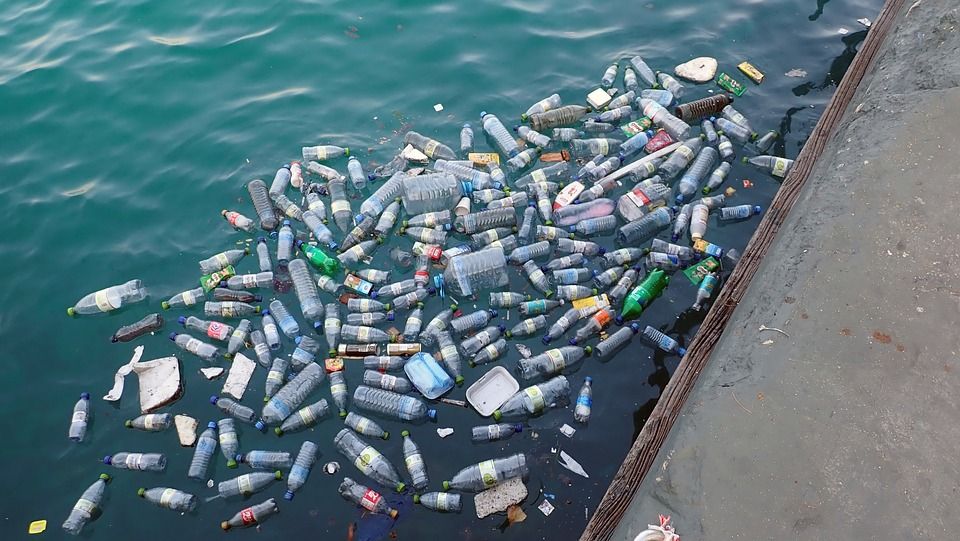Views expressed in opinion columns are the author’s own.
Since its municipal implementation in the 1970s, recycling has been one of the easiest ways for Americans to integrate sustainability into their lifestyles. Given the average American’s notoriously wasteful lifestyle, the act of separating trash and recyclables requires almost no thought and assuages some of the environmental guilt felt by many.
The reality of recycling, however, is much more complicated. It’s becoming clear recycling is more of an empty gesture than anything. We must attack the waste at its source and reduce the production of single-use plastics.
Once the recycling bin is emptied at the curb, it’s not always immediately clear to the consumer where those materials go. Given the high monetary and energy cost, most municipalities do not have their own recycling facilities. In fact, many developed countries have, — until recently — shipped their recyclables to China. Between 1988 and 2016, the United States shipped over 26 million tons of plastic to the Asian nation.
In July 2017, China announced that it would stop buying foreign waste in January 2018, largely due to high levels of contamination the waste caused for its environment. The Western eagerness to export recyclables didn’t extend to ensuring they were properly managed once exported. In 2018, China had the highest rate of plastic waste mismanagement in the world.
This “out of sight, out of mind” attitude on the international level is the same on the individual level. Americans must take a more conscious approach to their waste management.
Municipalities such as Philadelphia have taken to burning the recyclables of areas with especially high contamination, which brings its own set of pollution and environmental justice concerns. One such community, Chester, is having its recyclables burned and converted to energy. Lung cancer rates in Chester — a majority black town — are 24 percent higher than the state average and four in 10 children have asthma. The emissions from the incineration of their contaminated recyclables will only compound these health issues with increased concentration of pollutants such as sulfur dioxide and particulate matter.
There has been a growing movement worldwide to restrict or ban single-use plastics. Given China’s recent decision, the time to act is now. It won’t be easy or straightforward — plastics are ubiquitous — but it is necessary to reduce pollution as well as our society’s dependence on petroleum derivatives like plastic. It will require a variety of stakeholders in government, industry and nonprofit organizations, but the problem of mismanaged plastic waste has gone unchecked. Rather than focus on recycling, attention must be shifted to reducing our single-use plastic waste.
Emily Maurer is a junior environmental policy major. She can be reached at emrosma@gmail.com.



